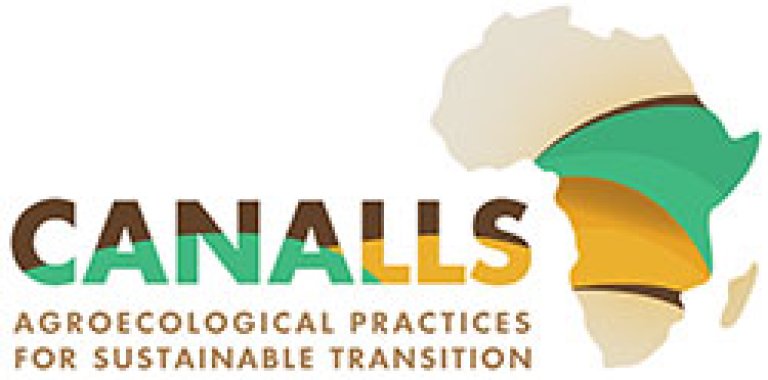Division of Environment and Natural Resources
CANALLS Agroecological practices for sustainable transition
End: dec 2026
Start: jan 2023
Agroecology covers all activities and actors involved in food systems. It also places the well-being of people (producers and consumers of crops and products) at its core. The EU-funded CANALLS project will focus on the agroecological zones and diverse farming systems in the humid tropics of Central and Eastern Africa. It will explore the complex environmental, social and economic challenges, which in some cases are exacerbated by conflict and high vulnerability. Moreover, it will advance agroecological transitions in these regions through multi-actor transdisciplinary agroecology Living Labs at eight sites in four countries. The focus will be on crops such as cocoa, coffee and cassava, which are vital for subsistence and economic development.
Project participants
Mehreteab Tesfai Giovanna Ottaviani Aalmo Anders Nielsen Svenja B. Kroeger Jonathan Rizzi
| External project link | Visit the official web site |
| Start - end date | 01.01.2023 - 31.12.2026 |
| Project manager at Nibio | Sekhar Udaya Nagothu |
| Division | Division of Environment and Natural Resources |
| Department | Hydrology and Water Environment |
The humid tropics of Central and Eastern Africa hold much promise for enhancing food and nutritional security within and beyond Africa. With a rich variety of agroecological zones and diverse farming systems, they are home for a great part of the rural population and a large diversity of living organisms, offering vital ecosystem services and potential for sustainable development. Still, if we are to tap into this potential, we need to address the complex environmental, social and economic challenges they face, which in cases are exacerbated by conflict and high vulnerability.
In this context, CANALLS aims to drive agroecological transitions in the humid tropics of Central and Eastern Africa via multi-actor transdisciplinary Agroecology Living Labs (ALLs).
We start with 8 ALLs in DRC, Burundi, Cameroon and Rwanda, working alongside and enabling over 20,000 farmers and value chain actors to co-create and benefit from optimal combinations of agroecological practices focusing on crops that are vital for subsistence and economic development (cocoa, coffee, cassava, rice, maize). In parallel, we engage in solid multi-actor collaboration with rural communities, advisory services and governments to develop a holistic assessment framework and evaluate the socio-economic and environmental performance of the co-created practices (accounting for trade-offs and synergies).
We use the comprehensive evidence generated to build capacity and share knowledge (practice abstracts, replication guidelines, policy recommendations) as well as to deliver fair, inclusive and sustainable business models along with services and tools for facilitating access to markets and enhancing demand for agroecological products.
Our vision is to create a growing network of ALLs that leverages EU-AU cooperation to conduct transdisciplinary research, offer scientific support and drive coordinated action for delivering holistic solutions that help shape enabling conditions for agroecological transitions.
